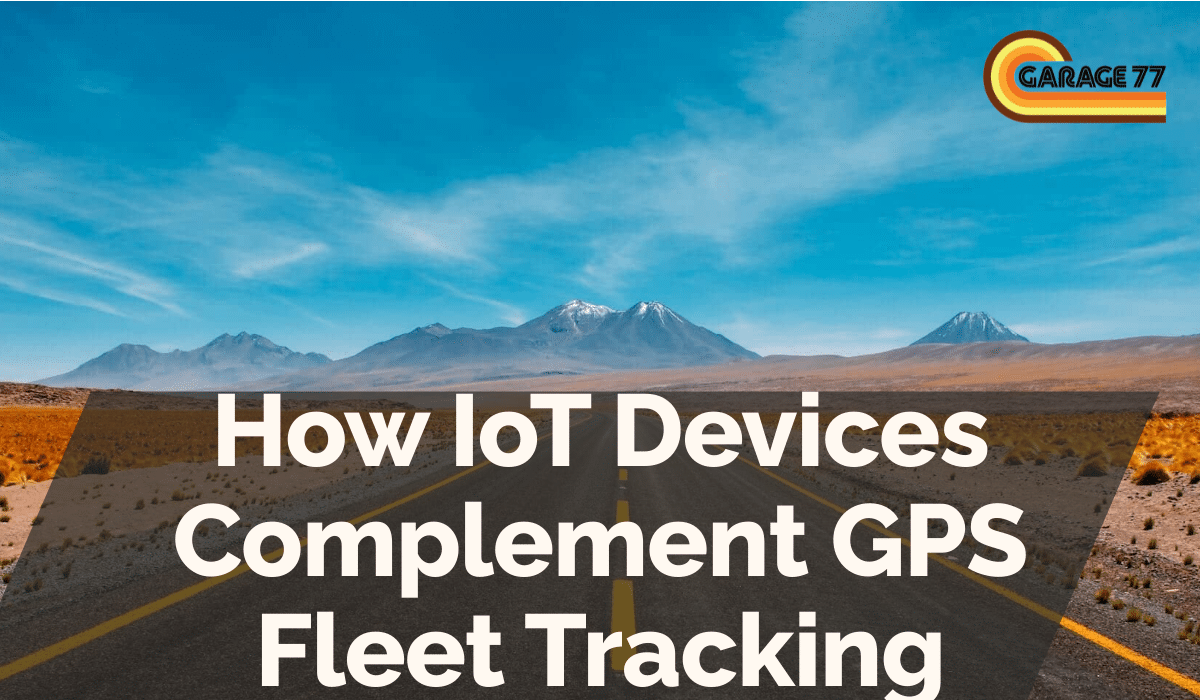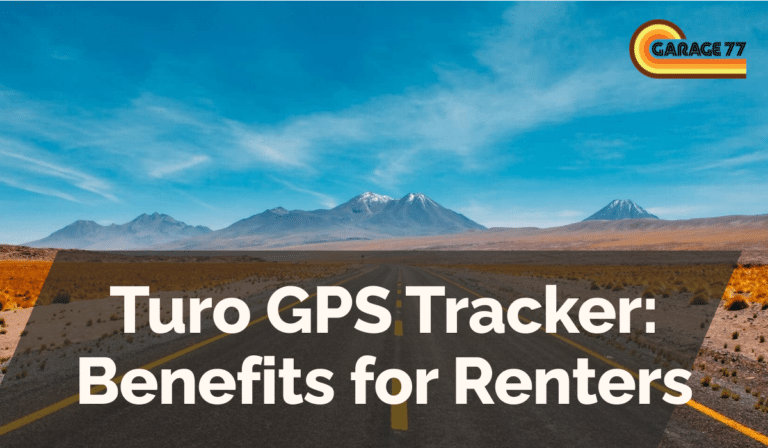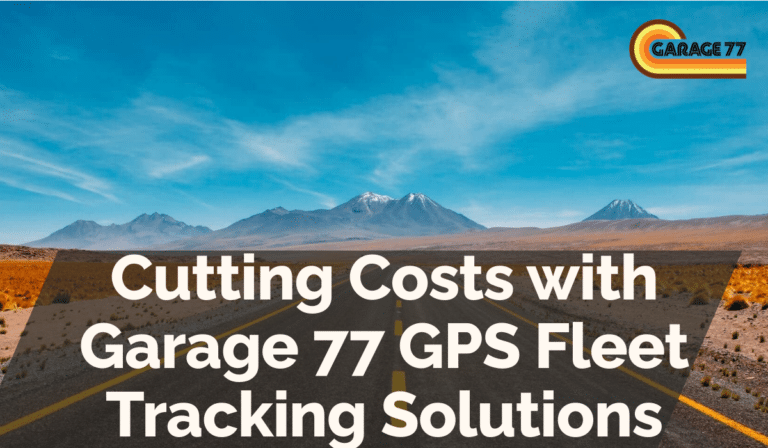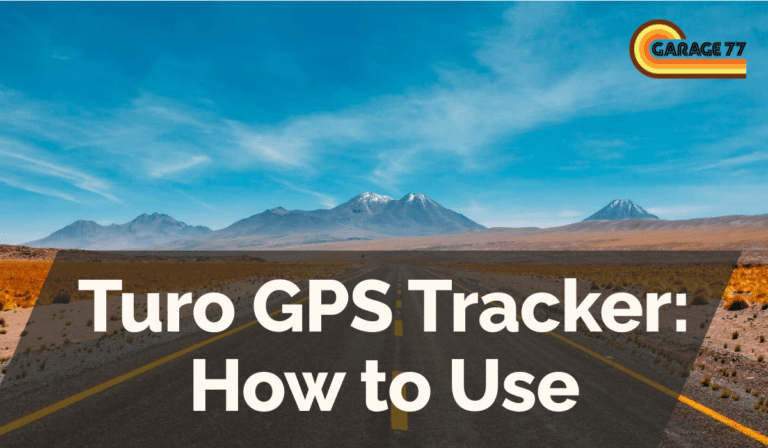The introduction of IoT (Internet of Things) has significantly revolutionized the way businesses operate. One of the most notable changes has been seen in fleet management. GPS fleet tracking, though highly effective, had some limitations. However, the emergence of IoT devices has come as a boon to the transportation sector, drastically enhancing the functionality of GPS tracking. This article will delve into how IoT devices have complemented GPS fleet tracking.
The Fusion of IoT and GPS Fleet Tracking
Before we delve into the specifics, it’s crucial to understand the integration of IoT and GPS fleet tracking. Essentially, IoT devices gather and analyze a massive amount of data that can be beneficial for GPS fleet tracking. This data can be about the vehicle’s operation, conducted routes, and driver’s behavior, among other parameters.
Real-Time Monitoring
One of the most significant contributions of IoT devices to GPS fleet tracking is real-time monitoring. Blockchain technology used in IoT devices enables the transmission of data from the fleet to the center in real time. This helps minimize delays in communications, making it easier to track and manage the fleet remotely.
Enhanced Data Accuracy
IoT devices are known for their accuracy. By integrating IoT devices into GPS fleet tracking, companies get access to more precise data. This is valuable for making data-driven decisions, ultimately leading to more efficient operations.
Geo-Fencing
Another prime feature of IoT devices is geo-fencing. This feature creates a virtual boundary around a geographic area. When a vehicle leaves or enters this area, fleet managers receive real-time notifications. This is especially beneficial for supply chain management and ensuring the fleet is following scheduled paths.
Fuel Monitoring
Through IoT devices, it’s possible to monitor the fuel consumption of each fleet vehicle. This can help in identifying fuel leaks, theft, and inefficient driving techniques that lead to excessive fuel usage. Methods to decrease fuel consumption can then be formulated, thus saving the company money.
Frequently Asked Questions
- Are IoT devices easy to integrate with existing GPS fleet tracking systems?
Yes, integrating IoT devices with GPS tracking systems is quite straightforward and does not require extensive technical knowledge. - Can fleets operate without IoT?
Yes, they can. However, the absence of IoT in fleet tracking means missing out on the numerous benefits that these devices offer, such as precise data, real-time tracking, etc.
Conclusion
Despite the traditional GPS Fleet Tracking system’s effectiveness, the addition of IoT devices unquestionably offers an edge. By allowing real-time tracking, improved data accuracy, and geo-fencing, IoT devices have fundamentally enhanced fleet management. All these factors indicate that the fusion of IoT and GPS Fleet Tracking will continue to progress in the years to come.







